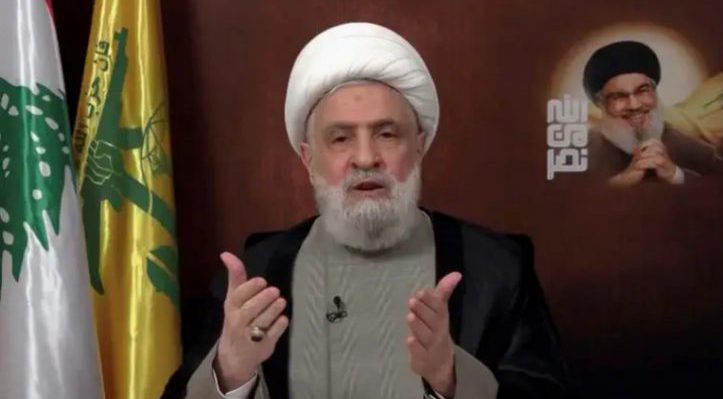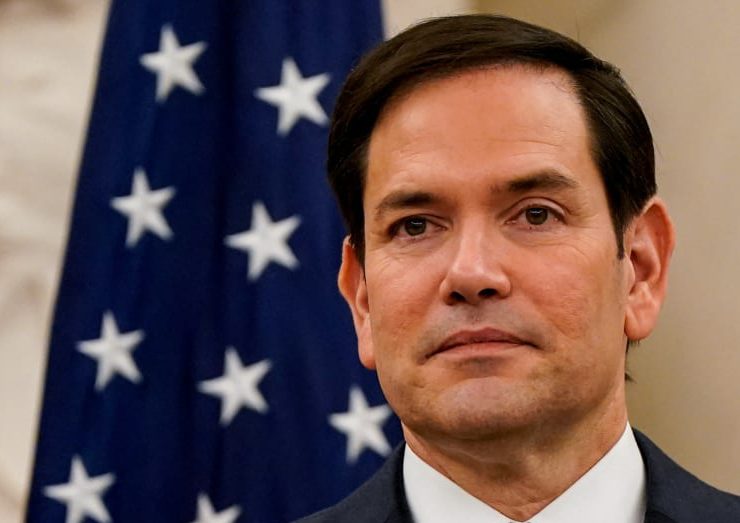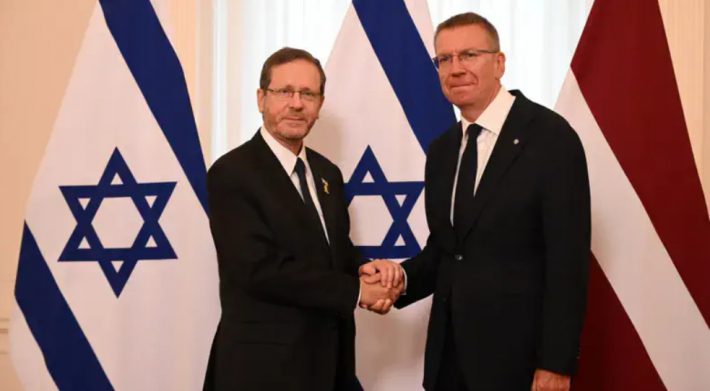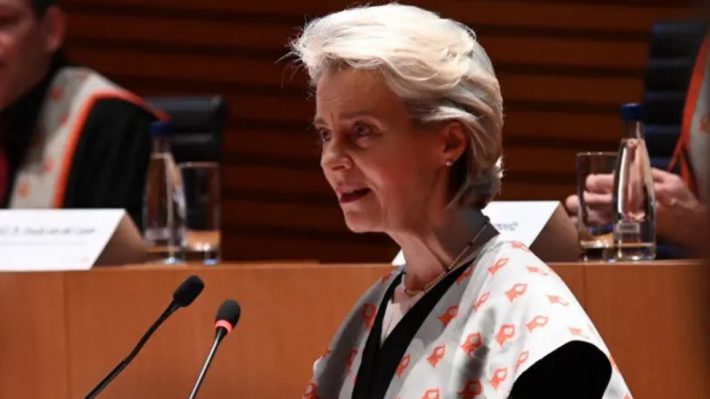At a Beirut commemoration for slain Hezbollah leader Hassan Nasrallah, successor Naim Qassem vowed continued war with Israel, while Iran’s envoy pledged support.
Beirut — Sept. 27, 2025 — One year after Israel’s precision strike eliminated Hezbollah chief Hassan Nasrallah, Lebanon’s terror movement marked the anniversary with fiery speeches and renewed vows of confrontation.
Speaking at the ceremony, current Secretary-General Naim Qassem rejected calls for Hezbollah to disarm, insisting the group would continue its armed struggle. He demanded the Lebanese government push for Israeli withdrawal, prisoner releases, and reconstruction aid, while denouncing past efforts to curb Hezbollah’s military power as a “great mistake.”
Qassem declared:
“Hezbollah will not lay down its weapons. Lebanon must protect its sovereignty and confront Israel, not bow to it.”
Iran’s Presence in Beirut
Underscoring Tehran’s grip over Hezbollah, Ali Larijani, chairman of Iran’s National Security Council, arrived in Beirut to join the commemoration. His presence highlighted how Hezbollah’s war against Israel is not only Lebanese in nature but an extension of Iran’s regional strategy.
Propaganda and Symbolism
Hezbollah-affiliated Al Mayadeen broadcast the last known photo of Nasrallah, reportedly taken inside the group’s underground command center just days before his death. Standing beside him was Mohammed Habib Khair al-Din (“Haj Hassan”), his longtime secretary and aide to slain Hezbollah military chief Imad Mughniyeh. Haj Hassan was killed alongside Nasrallah in Israel’s Operation “New Order” strike.
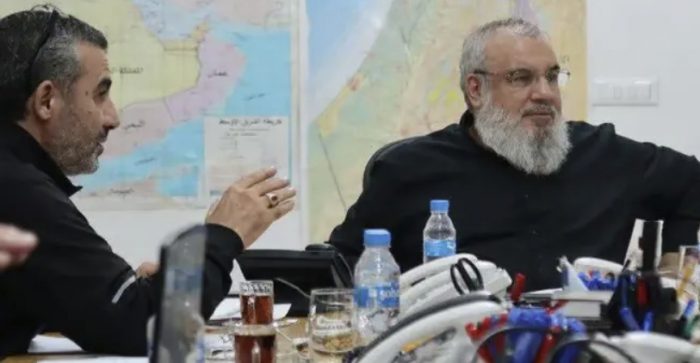
Israel’s Message: No Terrorist Is Untouchable
Nasrallah’s elimination in 2024, carried out with 83 precision bombs, decapitated Hezbollah’s leadership and removed the mastermind of decades of terror attacks against Israelis and civilians worldwide. His successor’s threats on Saturday reinforced what Israel has long warned: Hezbollah remains committed to Iran’s war of attrition against the Jewish state, even at the cost of Lebanon’s stability.
For Israel, the commemoration was a reminder of why Hezbollah remains a terrorist army entrenched in Lebanon, and why Nasrallah’s fate awaits any leader who continues Tehran’s proxy war.Beirut — Sept. 27, 2025 — One year after Israel’s precision strike eliminated Hezbollah chief Hassan Nasrallah, Lebanon’s terror movement marked the anniversary with fiery speeches and renewed vows of confrontation.
Speaking at the ceremony, current Secretary-General Naim Qassem rejected calls for Hezbollah to disarm, insisting the group would continue its armed struggle. He demanded the Lebanese government push for Israeli withdrawal, prisoner releases, and reconstruction aid, while denouncing past efforts to curb Hezbollah’s military power as a “great mistake.”
Qassem declared:
“Hezbollah will not lay down its weapons. Lebanon must protect its sovereignty and confront Israel, not bow to it.”
Iran’s Presence in Beirut
Underscoring Tehran’s grip over Hezbollah, Ali Larijani, chairman of Iran’s National Security Council, arrived in Beirut to join the commemoration. His presence highlighted how Hezbollah’s war against Israel is not only Lebanese in nature but an extension of Iran’s regional strategy.
Propaganda and Symbolism
Hezbollah-affiliated Al Mayadeen broadcast the last known photo of Nasrallah, reportedly taken inside the group’s underground command center just days before his death. Standing beside him was Mohammed Habib Khair al-Din (“Haj Hassan”), his longtime secretary and aide to slain Hezbollah military chief Imad Mughniyeh. Haj Hassan was killed alongside Nasrallah in Israel’s Operation “New Order” strike.
Israel’s Message: No Terrorist Is Untouchable
Nasrallah’s elimination in 2024, carried out with 83 precision bombs, decapitated Hezbollah’s leadership and removed the mastermind of decades of terror attacks against Israelis and civilians worldwide. His successor’s threats on Saturday reinforced what Israel has long warned: Hezbollah remains committed to Iran’s war of attrition against the Jewish state, even at the cost of Lebanon’s stability.
For Israel, the commemoration was a reminder of why Hezbollah remains a terrorist army entrenched in Lebanon, and why Nasrallah’s fate awaits any leader who continues Tehran’s proxy war.


